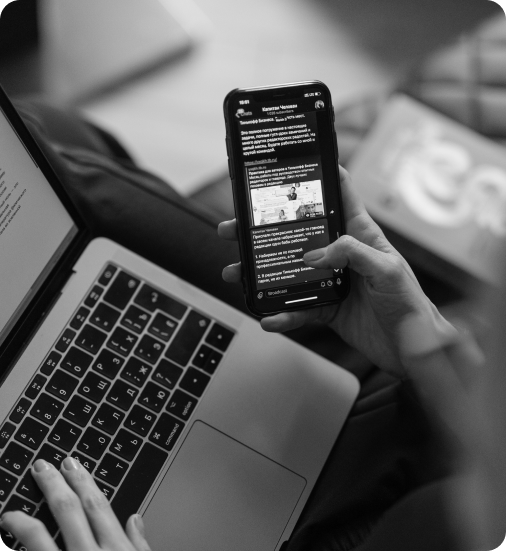This website uses cookies and similar technologies to understand how you use our website and to create a better experience for you. To learn more about the technologies used and your choices, please read our Cookie Notice. You may adjust your cookie settings at any time through our cookie preferences tool.

KINESSO, Matterkind and Reprise Come Together to Form New Unified Entity
IPG Mediabrands Launches Industry’s Most Powerful Delivery Engine Under KINESSO Banner
Read full article (KINESSO, Matterkind and Reprise Come Together to Form New Unified Entity)
What you need to know about AI-driven changes to SEO and Paid Search
Al chatbots from Google and Microsoft are generating a lot of excitement, as they are expected to bring about significant transformations in the realm of search advertising strategies. But how disruptive will these potential changes really be? And is Google leading the pack, or falling behind?
Read full article (What you need to know about AI-driven changes to SEO and Paid Search)
Social planning has evolved along with the landscape
If you plan social campaigns, you’ll know it’s not such a straightforward task anymore.
Read full article (Social planning has evolved along with the landscape)
The Future of AdTech is Flexible and Fair
A lot of the rhetoric in the advertising ecosystem these days frames the relationship between performance and privacy as a trade-off. This oversimplifies a complex, evolving picture, relying on flawed assumptions about the nature of consent and imposing hard-and-fast rules about the right approach to data and identity.
Read full article (The Future of AdTech is Flexible and Fair)
3 Best Practices for Successful Tech Integrations
In the world of adtech and generative AI, new tools and tech solutions hit the market on a daily basis. While the industry loves to test and innovate, integrating new platforms and technologies often requires more than a switch-flip or a signed contract.
Read full article (3 Best Practices for Successful Tech Integrations)